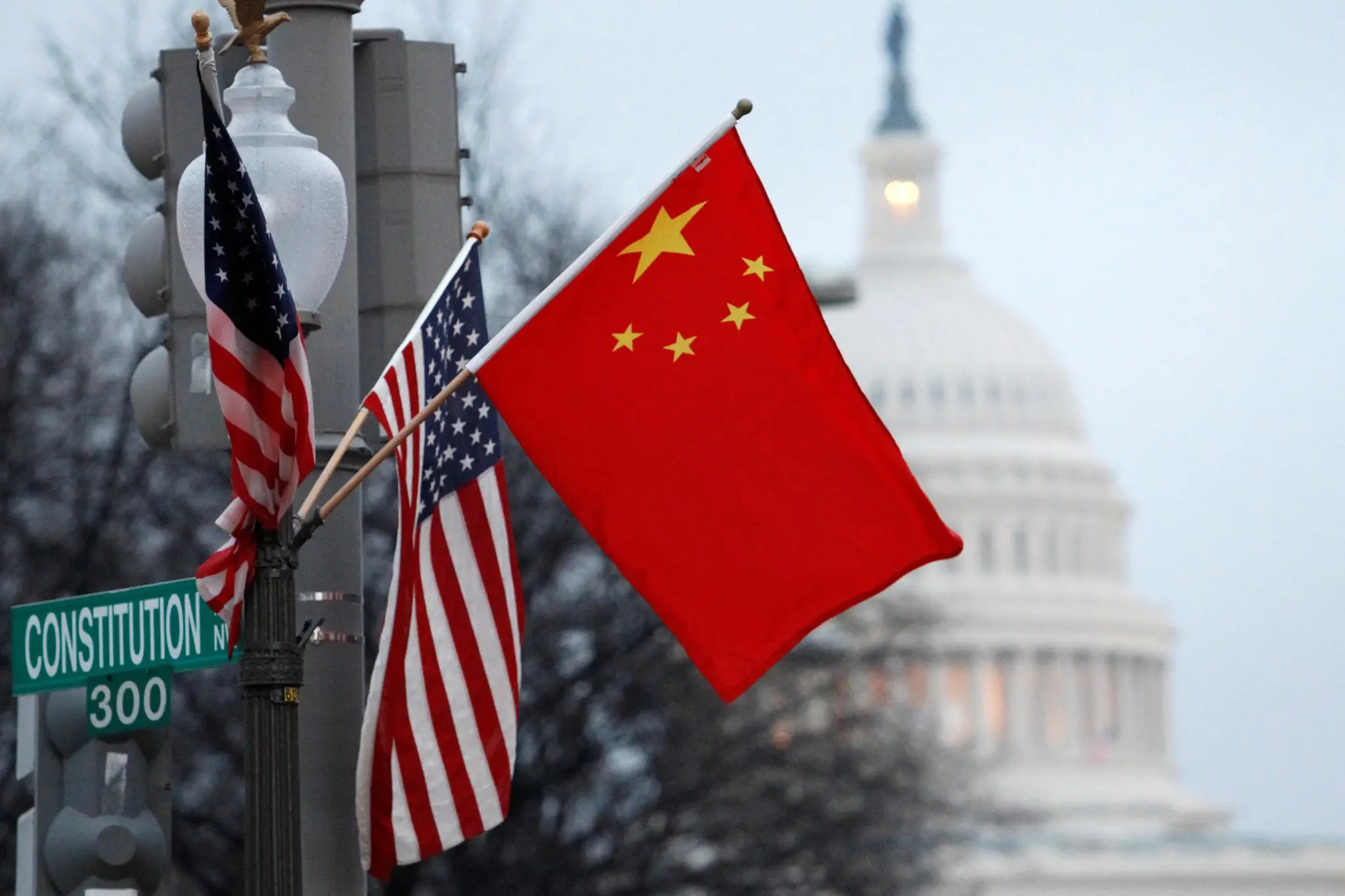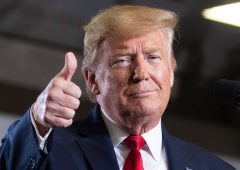China Hits Back at U.S. Tariffs, Calls Washington’s Strategy ‘A Joke’
12.04.2025 15:00 2 min. read Alexander Stefanov
China has fired back at the United States with a sharp tariff increase, raising duties on U.S. imports to 125% effective April 12, 2025.
The retaliatory move mirrors Washington’s own decision to hike tariffs on Chinese goods to the same level just one day earlier, escalating an already tense trade standoff between the world’s two largest economies.
Beijing’s response, announced by the State Council Tariff Commission, replaces the 84% tariff set just last month. In a pointed statement, the commission accused the U.S. of violating global trade norms and declared that U.S. goods were no longer viable in the Chinese market under current conditions.
“Given that there is no market acceptance for U.S. goods at this level, China will ignore further moves by the United States,” the announcement said. The updated tariffs are backed by China’s domestic trade laws and framed as consistent with international legal principles.
China’s Finance Ministry didn’t mince words either, describing the U.S. tariff policy as “a joke in the history of world economy.” Officials warned that if Washington continues to challenge China’s interests, Beijing is prepared to escalate further.
The tit-for-tat comes after President Trump denied China a tariff delay that was granted to other nations under the U.S.’s new “reciprocal” trade policy. In a social media post, he accused Beijing of showing “a lack of respect” for global markets and ordered the immediate hike.
Across the Atlantic, Germany’s finance minister Joerg Kukies suggested the European Union may weigh its own response if talks with Washington break down, emphasizing the need for the bloc to strengthen its digital economy and reduce dependency on U.S. services.
Meanwhile, the crypto market reacted sharply to the renewed tensions. Bitcoin briefly fell below $74,000 before recovering to around $81,500, while Ethereum slid more than 2% to near $1,548. Analysts say the volatility stems from investor fears over a slowing global economy and inflationary risks triggered by the tariff war.
Still, some observers argue that prolonged geopolitical friction could ultimately favor decentralized assets. As traditional markets face turbulence, Bitcoin’s role as a hedge against instability may become even more prominent.
-
1
Robert Kiyosaki Predicts 2025 “Super-Crash,” Urges Hoarding Gold, Silver, and Bitcoin
23.06.2025 13:31 2 min. read -
2
Billionaire Slams Meme Stock Hype and Sounds Alarm on U.S. Fiscal Health
15.06.2025 18:00 2 min. read -
3
Billionaire Investor Sees Dollar Crash If Key Support Breaks
18.06.2025 15:00 1 min. read -
4
Nassim Taleb Says Global Trust Is Shifting from the Dollar to Gold
22.06.2025 17:00 1 min. read -
5
Geopolitical Shockwaves Hit Ethereum Hard While Bitcoin Stays Resilient
22.06.2025 16:21 1 min. read
Robert Kiyosaki Predicts When The Price of Silver Will Explode
Robert Kiyosaki, author of Rich Dad Poor Dad, has issued a bold prediction on silver, calling it the “best asymmetric buy” currently available.
U.S. PCE Inflation Rises for First Time Since February, Fed Rate Cut Likely Delayed
Fresh data on Personal Consumption Expenditures (PCE) — the Federal Reserve’s preferred inflation gauge — shows inflation ticked higher in May, potentially delaying the long-awaited Fed rate cut into September or later.
Trump Targets Powell as Fed Holds Rates: Who Could Replace Him?
Federal Reserve Chair Jerome Powell is once again under fire, this time facing renewed criticism from Donald Trump over the Fed’s decision to hold interest rates steady in June.
U.S. National Debt Surge Could Trigger a Major Crisis, Says Ray Dalio
Billionaire investor Ray Dalio has sounded the alarm over America’s soaring national debt, warning of a looming economic crisis if no action is taken.
-
1
Robert Kiyosaki Predicts 2025 “Super-Crash,” Urges Hoarding Gold, Silver, and Bitcoin
23.06.2025 13:31 2 min. read -
2
Billionaire Slams Meme Stock Hype and Sounds Alarm on U.S. Fiscal Health
15.06.2025 18:00 2 min. read -
3
Billionaire Investor Sees Dollar Crash If Key Support Breaks
18.06.2025 15:00 1 min. read -
4
Nassim Taleb Says Global Trust Is Shifting from the Dollar to Gold
22.06.2025 17:00 1 min. read -
5
Geopolitical Shockwaves Hit Ethereum Hard While Bitcoin Stays Resilient
22.06.2025 16:21 1 min. read


